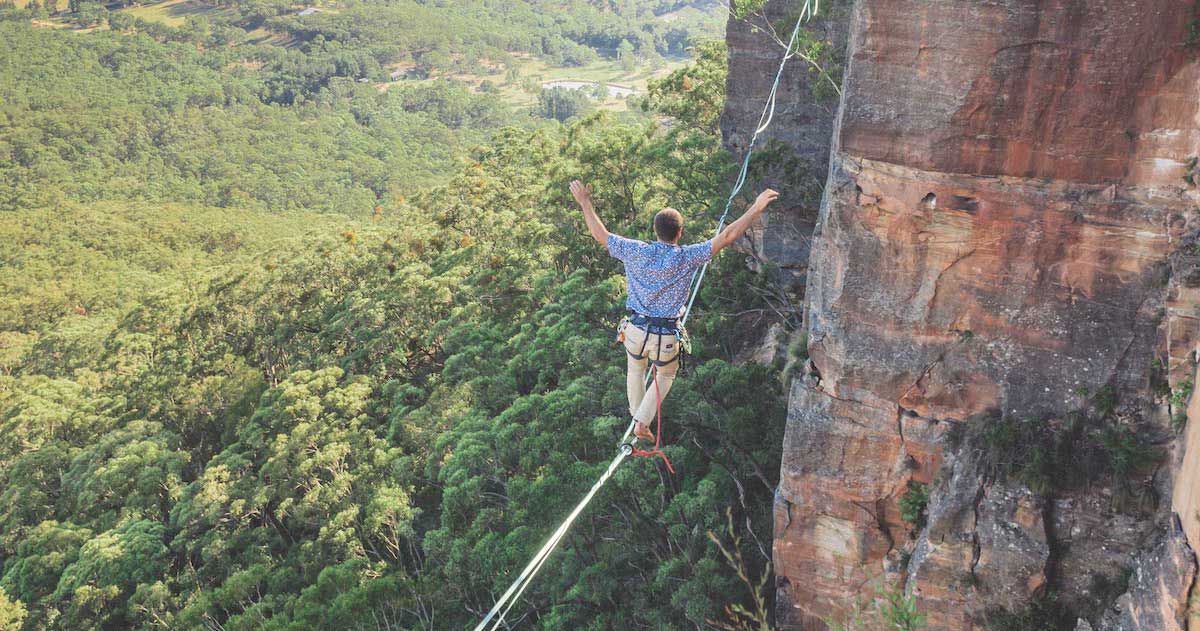The Events Industry Council (EIC), which in May formed a broad-based APEX COVID-19 Business Recovery Task Force, has just released the Meeting and Event Design Accepted Practices Guide. The guide provides curated resources and materials to help industry professionals rebuild trust and assess risk as the meeting and event industry begins to recover from the impact of the coronavirus pandemic.
“I am really thrilled that the thread of an idea that [task force co-chair] Kristin Horstman and I had back at the beginning of the COVID crisis literally brainstormed out this idea of creating a consolidated portal where all information of critical importance to the event industry is accessible in a common place,” David Kliman, president of the Kliman Group and a member of the task force, said Wednesday. “That thread of an idea germinated into this report, the first deliverable that really came out of the gate with an intelligent view of what we need to do to address the crisis. That this happened in a relatively short amount of time gives me great hope and inspiration for the life of our industry.”
The document, the first in a series to be released, is designed to be adaptable as new information and data becomes available. The EIC said this first report will help build trust and confidence that face-to-face meetings and events can happen safely, and offers tools such as a meeting and event decision grid; guidelines and a code of conduct for pre-event, post-event and onsite; meeting and event success metrics (pre- and post-vaccine); attendee communication considerations; and a resource guide.
“The work of this work group was really just outstanding in setting the framework that is helpful in addressing many of the questions the meeting professional faces in planning in this environment,” said task force co-chair Michael Dominguez, president and CEO, Associated Luxury Hotels International (ALHI). “The goal has been to ‘curate’ so that it is easily digestible to the user. It is important to know that there is a path forward, which helps in building that confidence. Being able to visualize and learn from the meetings that are currently taking place is also an important aspect in building that confidence.”
“It is important to know that there is a path forward, which helps in building that confidence.”
Additional guides, including one from the Hotel/Accommodations Health & Safety work stream, will be released in the coming weeks.
EIC will host a webinar at 11 a.m. EDT on Friday, July 24, to discuss the Meeting and Event Design Accepted Practices Guide, which comes at a time when the global business events industry is working to reestablish its footing. The industry, with an estimated US$1.5 trillion GDP and workforce of 26 million, was brought to a standstill due to the COVID pandemic, with losses in the millions, decreased travel and cancelled and postponed meetings and events that will have a long-lasting impact on not only face-to-face meetings, but the global economic recovery. The industry was ranked as the 13th-largest economy in the world.
“Meeting face to face safely and responsibly is critical for economic growth,” said task force member Amanda Armstrong, assistant vice president, Global Meetings and Travel, at Enterprise Holdings. “This guide presents practical solutions that will produce safer meeting environments for attendees and employees in our industry.”
The EIC, a global federation of more than 30 member organizations, formed the task force, whose work groups are focused on aggregating and curating accepted practices across the events ecosystem and providing a framework for recovery and resilience as the industry adapts.
“This was all done by volunteers for the greater good without regard to brand,” Kliman said. “Delta and American cooperated, Marriott and Hyatt, trade associations and corporate planners, young people, seasoned people. It was a diverse group of global stakeholders for the greater good. It’s inspiring.”
“This guide presents practical solutions that will produce safer meeting environments for attendees and employees in our industry.”
Armstrong said the report is an excellent tool for industry professionals to guide them in planning safe events during the pandemic and beyond.
“Our industry’s best and brightest drafted this guide,” she said. “The experience and insight of Liz Warwick (Liberty Mutual Insurance), Cathy Scholsberg (PSAV), Allison Kinsley (Kinsley Meetings) and Linda Grey Martin (RSA) is invaluable and our industry will benefit from their volunteer leadership.”
The task force, chaired by Horstman, senior director, strategic events for Salesforce, and Dominguez, is following two parallel paths, and the resources and guidance materials represent living work streams. The first path focuses on the immediate need for accepted practices related to health and safety protocols, the support for our global workforce, as well as risk assessment and mitigation tools. The second path addresses the long-term need to examine adaptation and transformation to ensure our future and support sharing broadly the relevance and resiliency of our industry.
A code of conduct is included in the Accepted Practices Guide, a tool for event organizers to engage all meeting participants in the health and safety of events.
“The code of conduct is so critical and will be a staple in all work streams as this is a shared responsibility,” Dominguez said. “The risk assessment is an outstanding guideline to help determine a path forward.”
In an EIC statement, Amy Calvert, CEO of the EIC, said the task force convened to serve the industry at “one of, if not the most, trying times in our history.”
“This work is grounded in our values of trust, equity, community and innovation, seeking to focus our efforts on health and safety, risk mitigation, workforce, innovations, adaptations and transformation, wellness and advocacy,” she said. “Our values are firmly rooted in the common belief that our industry drives economic growth, builds communities, educates and advocates for sustainable and socially just practices in support of our global economy.
“We must, as individuals and organizations, take the responsibility to own the assessment and mitigation of risk, taking into account guidance from global, national, regional and local public health officials. If we do so consistently, and communicate these steps effectively, we will make considerable strides toward reestablishing trust.”
Photo by Loic Leray on Unsplash







